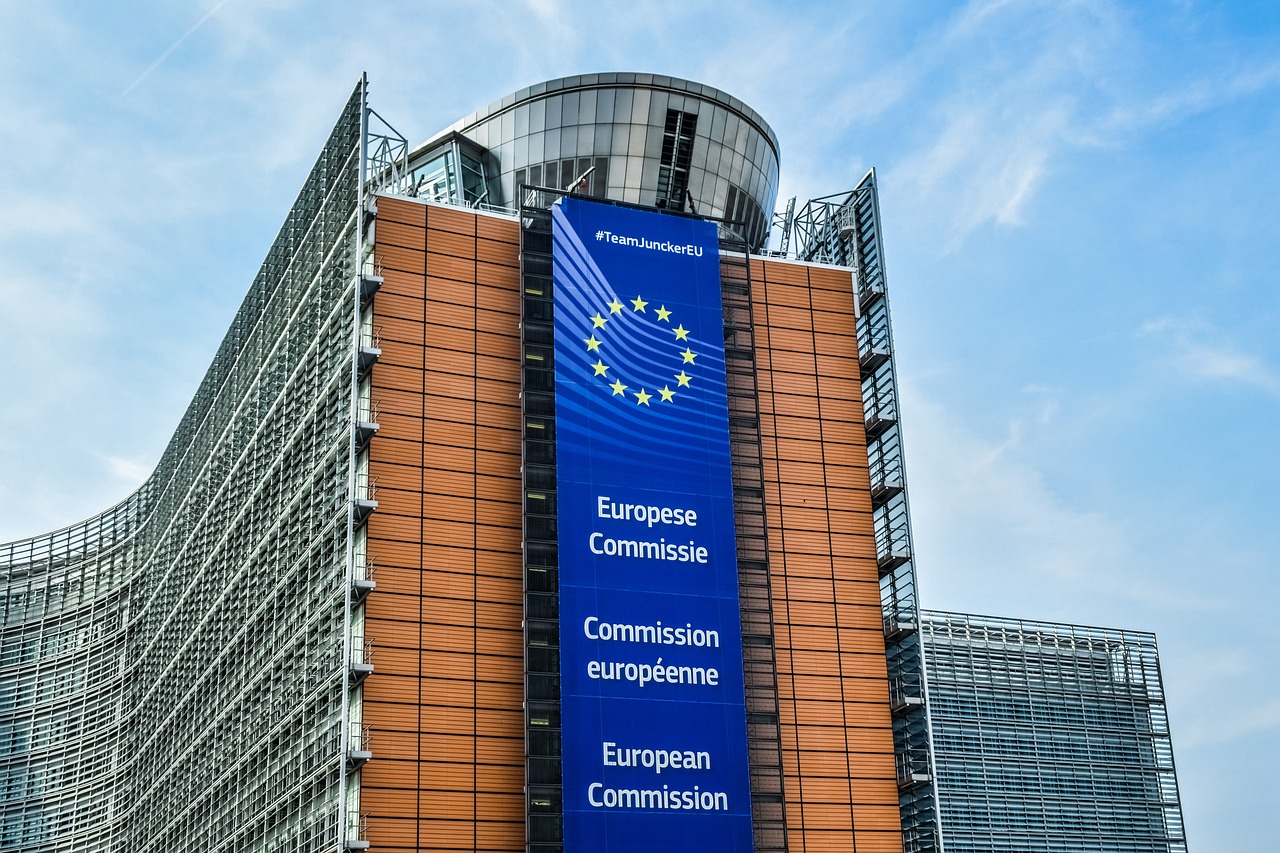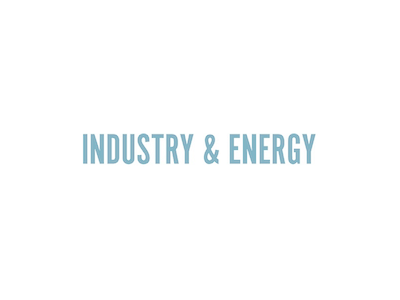Belgium – The European Commission proposed two legislative measures to propel the EU to the forefront of the global green industry race: the Zero Net Industry Act and the Key Raw Materials Act.
The Commission has released two significant bills that are necessary to gain independence in the net-zero transition and promote the clean technology sector. Environmental NGOs, meanwhile, are extremely concerned about the short cuts used to expedite licenses.
These two Acts, which together make up the first pillar of the Commission’s Green Deal Industrial Plan, are intended to make regulations for clean technologies easier to understand and more predictable. Unfortunately, this beneficial framework has been compromised by conflating clean with less-than-clean technologies and speed with fewer controls.
“It is neither necessary nor desirable that the race to net-zero becomes a race to the bottom on environmental standards. The success of the EU’s industrial policy lies in its robust regulation and carbon pricing—and policymakers should not be fooled by comparisons to the US context, where power, but not guaranteed efficiency, lies in subsidies alone,” says Patrick ten Brink, Secretary General, EEB.
Not future-proof
“We must be cautious in opening up public coffers to technologies that have not proven their readiness. It would be extremely dangerous and costly to gamble decarbonisation on expensive technologies such as small nuclear reactors or carbon capture and storage. In fact, diverting large amounts of funds from renewables and energy saving measures to non-future proof technologies will only give extra life to fossil fuels. We do not have that precious time,” says Luke Haywood, Head of Climate policy at the EEB.
Fast-tracked permitting
“Fast-tracked permitting procedures may come at the cost of environmental legislation, and the involvement of local communities and transparency in strategic projects will be a pressing concern. The language around public acceptance makes clear that the objective is to pressure communities to say yes in the end. There is no guarantee of free-prior and informed consent or a democratic decision-making process where communities have a seat at the table as equals,” says Diego Marin, Policy Officer for Raw Materials and Resource Justice, EEB.
Wider environmental effects
“The definition of “net-zero technologies” is very limited, since it refers to low, zero or negative greenhouse gas emissions, failing to consider other environmental impacts and disregarding the EU zero pollution ambition. What is needed when awarding public resources are very clear indicators in terms of GHG and pollution emission reduction rates, saving of natural resources, recycling and reuse of raw materials,” says Riccardo Nigro, Senior Policy Officer for Zero Pollution Industry, EEB.





